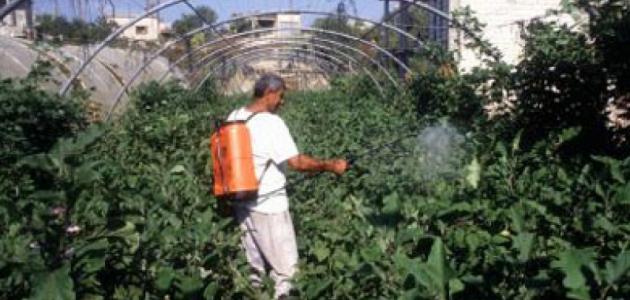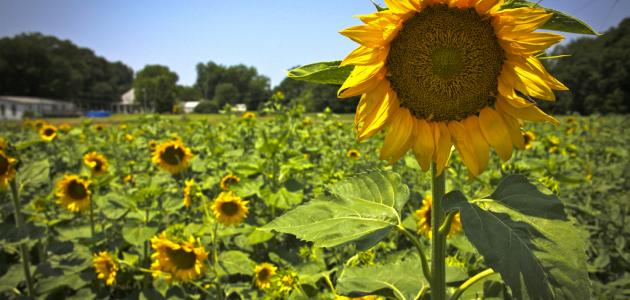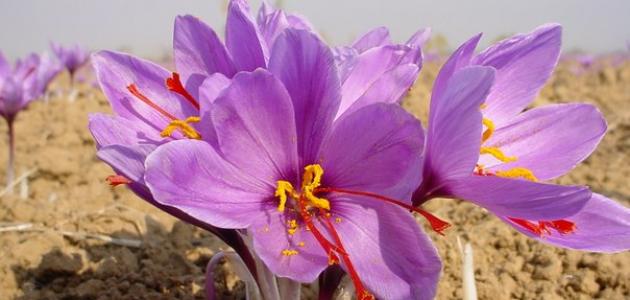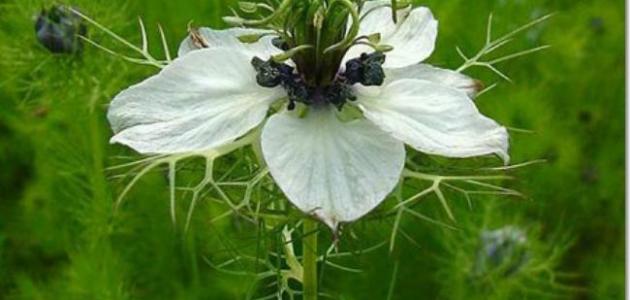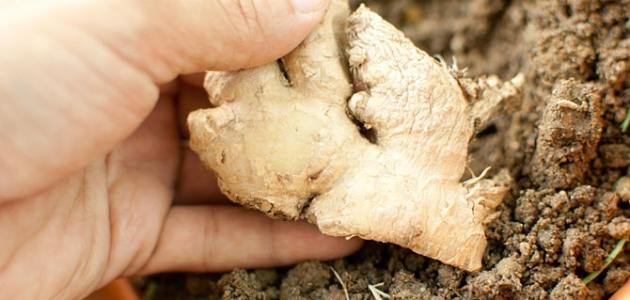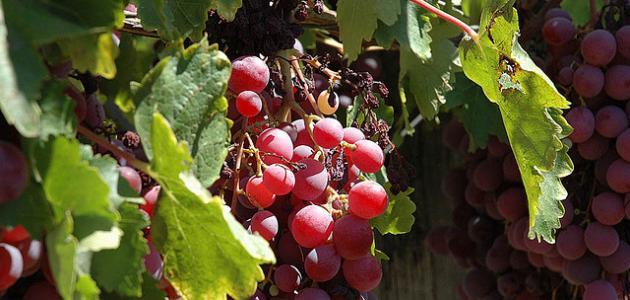Organic Agriculture
Organic agriculture can be defined as a production system characterized by its ability to avoid or prevent the use of pesticides, synthetic fertilizers, livestock feed additives, and growth regulators in a large way. The organic farming system relies mainly on: crop residues, green natural fertilizers, and harmful weeds. And crop rotations, and organic waste from outside the farm, and legumes, and fertilizer from animal manure, and others. Organic agriculture balances inputs and outputs in a closed system, as the increasing awareness of consumers in food safety and environmental issues has contributed to a significant increase in the rate of application of organic agriculture over the past few years. Previous.
Advantages of organic farming
There are many benefits to organic agriculture for the environment and nature in general, including:
- Better control of weeds and pests through knowledge of crop rotations, biodiversity, organic fertilizers and chemicals that are used, and other biological factors.
- Encouraging biological activity in the soil, and protecting soil quality due to the use of organic materials.
- Providing nutrients to crops indirectly by providing microorganisms in the soil.
- Fixing nitrogen levels in the soil using legumes.
- Raising livestock on appropriate principles, taking care of the environment and preserving natural resources and wildlife.
Benefits of organic products
Organic products are considered beneficial for human health and the environment, and they also contain more nutritional elements, as a study published by The Organic Center showed that organic foods are rich in antioxidants, total polyphenols, and two main flavonoids: quercetin and the beneficial kaempferol. For health, another study published in the Journal of Agricultural Food Chemistry revealed the level of total phenolic acids content in cranberries, strawberries, and corn. It found that organically grown products contain greater levels of phenolic acids, as phenolic acids are considered important. For plant health and human health alike, due to its antioxidant activity, in addition to a wide range of medicinal properties, including anti-cancer properties, which help inhibit platelet aggregation.
Read also:cultivation method